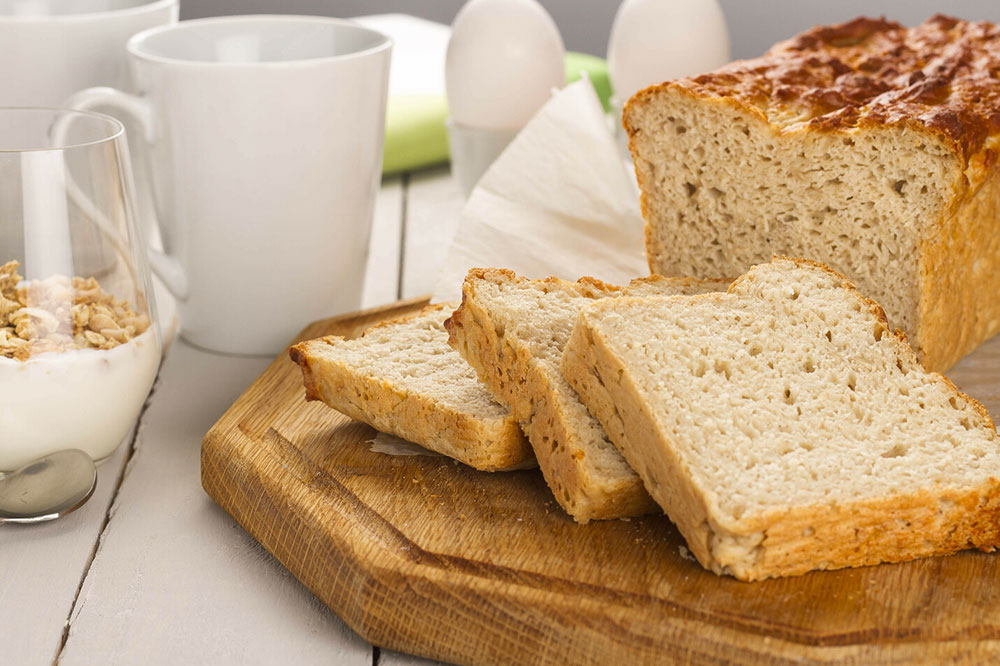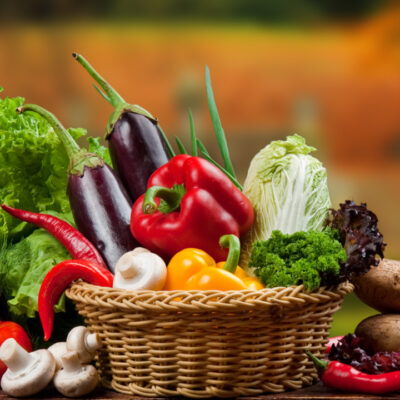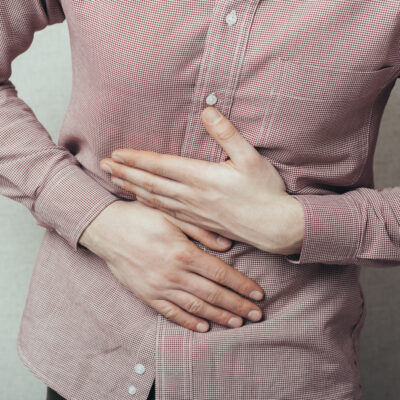
5 Eating Plans to Prevent IBS Flare-ups
Life with irritable bowel syndrome (IBS) can be frustrating as you have to follow a strict diet to manage symptoms. In this gastrointestinal condition, symptoms vary from one person to another. While some people suffer from acute diarrhea, some can experience constipation. Although the condition of IBS needs proper medical care, there are certain diets for IBS that can help you manages its symptoms.
- High fiber diet
Fiber is known for adding bulk to your stools for a smooth bowel movement. Fruits, vegetables, and whole grains are rich in fiber, helping you prevent IBS flare-ups. Remember, excessive intake of fiber-rich foods can lead to bloating. So, instead of getting your fiber intake from cereals, grains, or pasta, try eating foods with more soluble fiber.
- Low fiber diet
While some diets for IBS can be healthy for people, certain foods can be healthy for some and harmful to others. If you frequently experience gas and diarrhea, then a high fiber diet can worsen your condition. Include foods like oatmeal, apples, berries, and carrots in your diet as they contain soluble fibers, which is good for people who experience symptoms such as bloating, diarrhea, and gas.
- Gluten-free diet
Gluten is a group of proteins found in grain products such as bread, pasta, and cakes. This protein is hard to digest, and people who are intolerant to gluten can suffer damaged intestines. Eliminating rye, barley, and wheat can improve your gastrointestinal issues. You can opt for gluten-free bread, pasta, and other products available in the market.
- Elimination diet
To follow this diet, you need to know the exact foods that trigger your IBS condition. The most common foods that are identified for triggering IBS symptoms are soy, corn, wheat, and barley. In some people, caffeine, chocolate, insoluble fiber, and nuts can also trigger IBS flare-ups. In an elimination diet, it is always advised to eliminate one food at a time for 12 weeks and notice if your symptoms are getting better.
- Low FODMAP diet
FODMAP stands for fermentable oligosaccharides, di-saccharides, mono-saccharides, and polyols. These carbohydrates are difficult for some people to digest. These carbs can worsen the symptoms of gas, bloating, and diarrhea. Some of the most common foods that can trigger IBS are milk, cheese, yogurt, and ice cream, and fruits such as watermelon, pears, peaches, apples, and plums.
Along with following these diets for IBS, drinking plenty of water and exercising regularly is also helpful in preventing flare-ups. Seek medical intervention before deciding to follow a particular diet because what suits others can harm you and vice versa.


